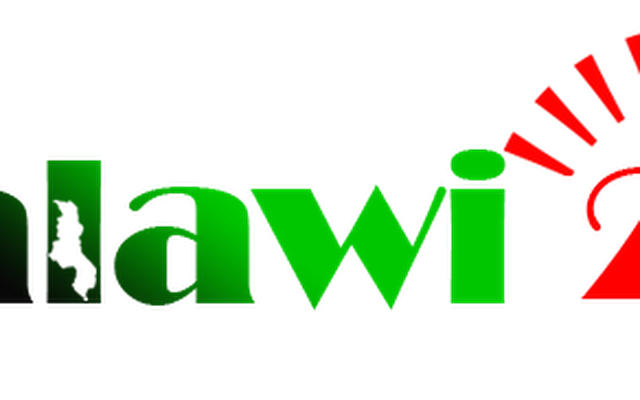
Non-Governmental Organizations (NGOs) in the country have faulted government for introducing punitive NGO fees and for increasing the fees before the Bill which proposes the fees has been debated and passed in Parliament.
NGOs based in Lilongwe, Ntchisi, Domasi, Salima, Zomba and Mzuzu have signed petitions against the fees for registration and annual subscriptions which are effective May 2021 and the Draft NGO Act 2020 which government intends to table in Parliament.
A Government notice issued on May 7 by Minister of Gender, Community Development and Social Welfare Patricia Kaliati categorizes NGOs in four groups.
Category A has income of below K100,000 and is required to pay K100,000 annual fees, Category B is for NGOs with income of K100,000 above but below K500,000 and these are required to pay K250,000 while NGOs on category C are those with income above K500,000 below K2 million and these are required to pay K1 million.
Organizations with income of more than K2 million are required to pay K2 million annual fees.
Any NGO that fails to pay the fees in first three months of a year will be charged 5 percent of fees due but after that period, the NGO will be suspended.
The concerned NGOs say the newly introduced fees by the government are punitive and too high and should not come into effect until further consultations have been made with NGOs.
The organizations are also concerned that the proposed NGO Bill 2020 has retained contentious clauses which are in previously legislations and has also enhanced penalties.
In the bill, penalty for contravening provisions of the bill has been raised from K25,000 to K10 million.
“The proposed Bill is punitive in nature as it imposes heavy fines and jail terms on directors of NGOs who do not comply with the proposed Bill,” said Msenga Mulungu and Isaac Lawrence in a statement detailing concerns of NGOs.
They also noted that the bill seek to remove the reference to a non-statutory established institution, the Council for Non-Governmental Organization in Malawi (CONGOMA) and allowing the membership of that Organization to become voluntary. According to the NGOs, this could dilute the role of CONGOMA.
The NGOs have further argued that the proposed NGO Bill contains provisions that could pose a challenge to the ability of NGOs and citizens to exercise fundamental freedoms.
The concerned NGOs have since demanded that there should be consultations with the NGOs especially those at the grassroots on the bill and the fees.














